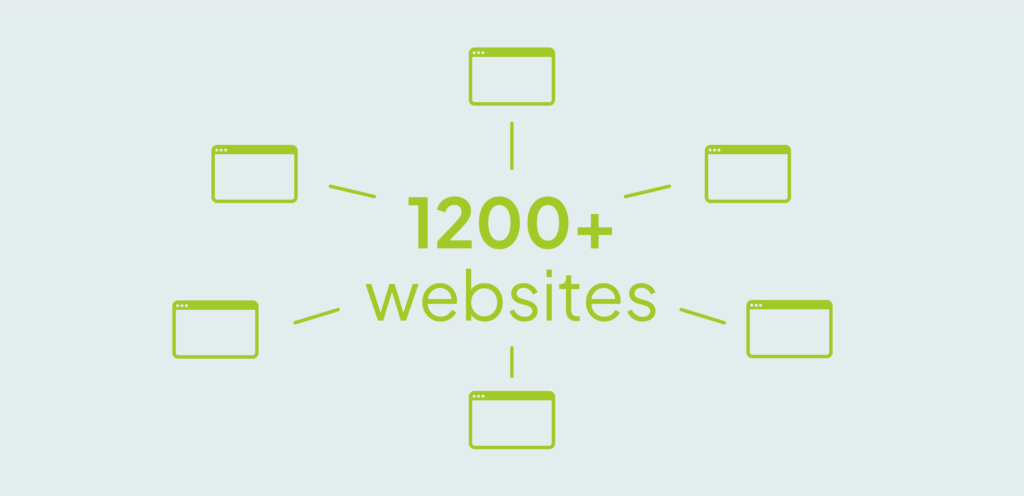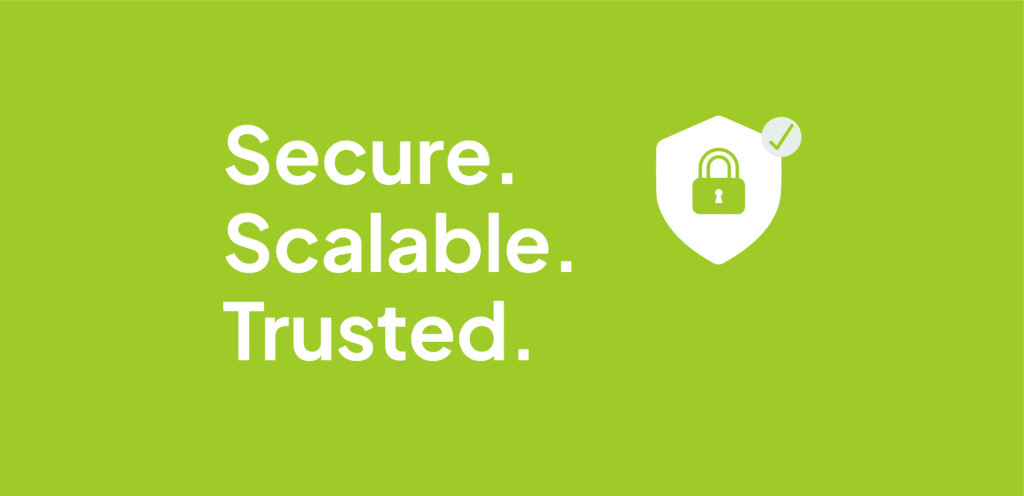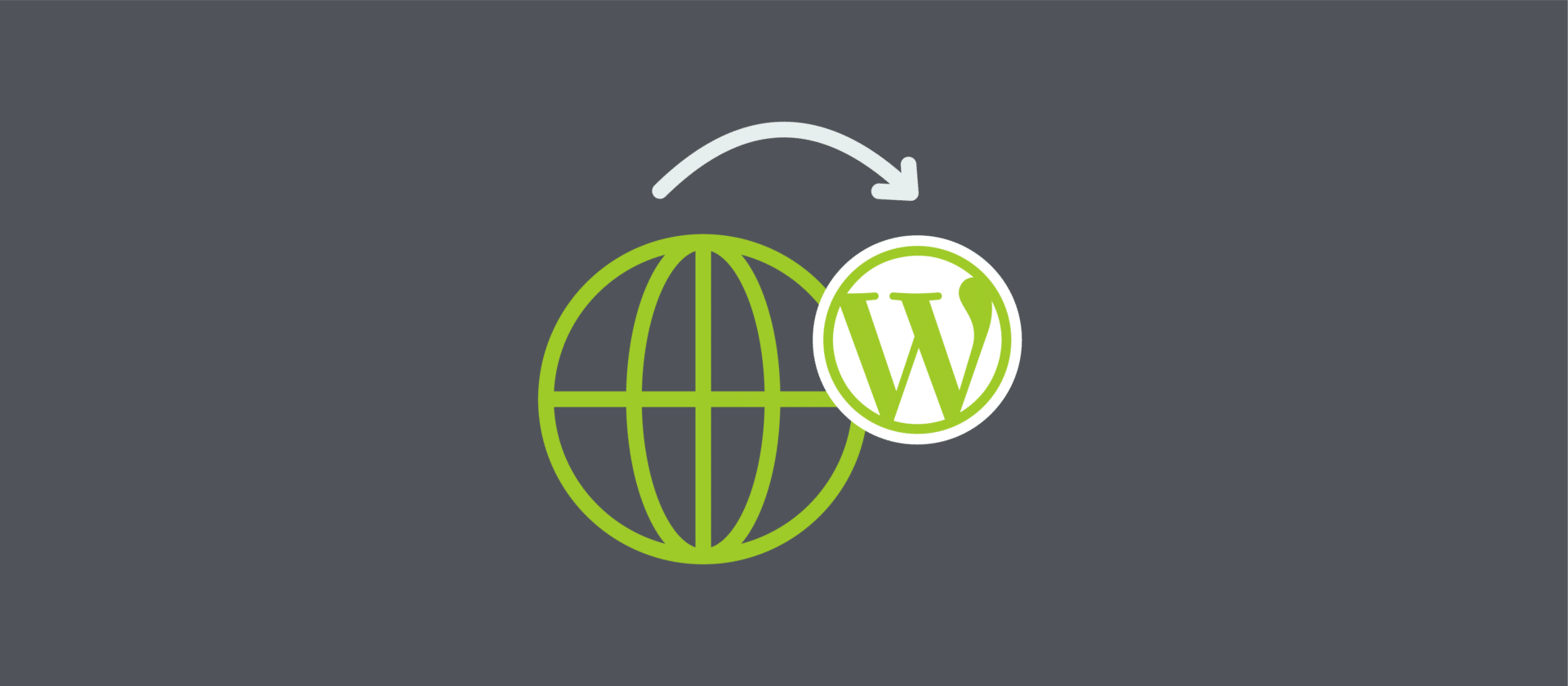When you think of cutting-edge science, the name CERN likely comes to mind. As the European Organization for Nuclear Research, and the birthplace of the World Wide Web, CERN is known for doing things on a massive scale, from operating the Large Hadron Collider to powering data for thousands of scientists around the globe.
So when CERN recently announced their decision to replace Drupal with WordPress as their Content Management System (CMS), it wasn’t just another CMS migration. It was a statement.
Why This is a Significant Move
For years, WordPress has carried a reputation as a platform “just for bloggers.” While that may have been true 20 years ago, WordPress for enterprise use has evolved into one of the most powerful CMS solutions on the market, powering over 43% of all websites globally, including Fortune 500 companies, governments, and now, CERN.
The decision by CERN to adopt WordPress is yet another validation that the platform is not only flexible and user-friendly but also capable of meeting the needs of complex, security-sensitive organizations.
CERN’s Complex Web Ecosystem
To understand the weight of this transition, consider this: CERN manages over 1,200 websites, each with unique requirements and audiences. Their web infrastructure also includes core internal systems such as Single Sign-On (SSO), the CERN Document Server (CDS), and Indico, a platform for event organization and collaboration, all of which need to be integrated into their website network.
This isn’t a simple blog network, it’s a sprawling, deeply interconnected digital ecosystem. Choosing WordPress to manage this complexity reflects just how far the platform has come.

Why WordPress for Enterprise is a Smart Choice
Let’s break down the key reasons behind CERN’s decision and what enterprise organizations, particularly those evaluating WordPress for enterprise organizations, can learn from it.
1. Modernization of Digital Presence
CERN’s move away from Drupal was driven largely by the need to modernize its web infrastructure. The old system had become rigid, outdated, increasingly expensive, and difficult to maintain, making it slower to adapt to new design trends and evolving user expectations. WordPress offered a cleaner, more flexible foundation that allowed CERN to evolve its digital presence more easily.
For other enterprise organizations, this kind of modernization is crucial. Digital experiences shape brand perception and an outdated platform can feel clunky or out of touch. WordPress for enterprises offers continual updates, a thriving developer community, and support for modern web standards. Teams can iterate faster and stay current without reinventing the wheel. It also helps avoid technical debt, a major challenge for large organizations over time.
2. Enhanced Accessibility and Responsiveness
Accessibility was a key factor in CERN’s decision to move away from Drupal. The previous platform struggled to meet modern accessibility standards and mobile expectations due to legacy design and customization constraints. WordPress offered a more straightforward path forward, with accessible, responsive themes that made compliance easier to achieve.
Enterprises everywhere are under increasing pressure, both regulatory and reputational, to ensure digital experiences are inclusive. With the European Accessibility Act (EAA) taking effect on June 28, 2025, accessibility is now a legal obligation for many organizations operating in or serving the EU. WordPress helps teams meet these demands by supporting WCAG guidelines out of the box, enabling better experiences across devices and abilities, while reducing the risk of falling behind evolving standards.
3. Simplified Content Authoring and Management
One of CERN’s key goals was to give their teams more control over content creation, without requiring deep technical skills. WordPress made this shift possible with a much more intuitive editing experience. Tools like the block-based Gutenberg editor let users build complex page layouts visually, reducing the reliance on developers for everyday updates.
This is a major advantage for enterprises, especially those with large marketing or content teams. WordPress empowers non-technical users to take ownership of the site’s content, which means faster publishing, less bottlenecking, and greater agility. It also reduces training time and lowers the support burden on IT teams. Ultimately, it allows content to flow more freely throughout the organization, something that’s increasingly important in today’s fast-moving business environments.

A Secure and Scalable Platform for Enterprise
Security and scalability are often perceived weaknesses in open-source platforms, but when it comes to WordPress for enterprise use, the platform has repeatedly proven otherwise. With enterprise-grade hosting and robust infrastructure, such as load balancing and advanced security measures, WordPress handles high traffic and complex content with ease. Its flexible user role management ensures tight control over access.
Choosing a secure and reliable hosting partner, like WordPress VIP, is critical to unlocking the full potential of the platform at scale. Paired with a seasoned WordPress agency like Syde, organizations can confidently tackle complex projects while minimizing reliance on third-party plugins, which are often the source of security vulnerabilities and performance issues.
CERN’s trust in WordPress to manage sensitive data under public scrutiny speaks volumes about the platform’s maturity and reliability at scale. For a closer look at how to keep WordPress websites safe and secure, check out our in-depth WordPress Security article.
WordPress for Enterprise: The Takeaway
CERN’s migration isn’t just a technical upgrade. It’s a strategic transformation, one that highlights how far WordPress has come as a platform. Whether you’re a university, a global nonprofit, or a Fortune 500 company, WordPress offers the flexibility, scalability, and security to power your organization’s digital presence.
For organizations looking to make the most of WordPress for enterprises at scale, partnering with experts like Syde, Europe’s largest WordPress agency, can make all the difference in navigating complex integrations, customization, and enterprise-level support.
Power Your Enterprise With WordPress.

Related articles
-

Why Choosing the Right CMS Can Make or Break Your Website
When it comes to building a website that actually works for your business, the CMS isn’t just another tool, it’s the backbone of the entire operation.
-

Rethinking WordPress Multisite: Simpler, Smarter, More User-Friendly
When WordPress 3.0 was released back in 2010, named Thelonious after jazz pianist Thelonious Monk, it introduced a feature that fascinated me immediately: Multisite.
